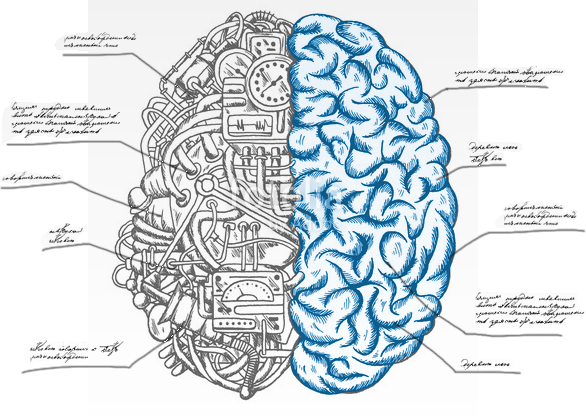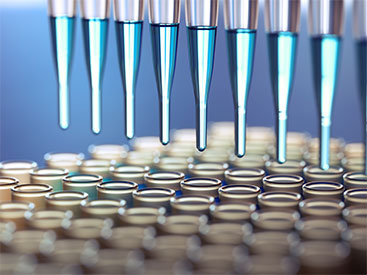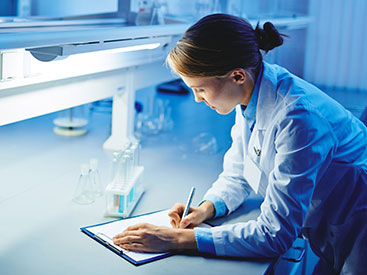We offer knowledge, skills, tools and techniques to project all activities to meet your requirements and encompass all aspects of the design, build and integration process.
A dedicated project manager becomes our client’s primary point of contact and project lead. We conduct an automation project kick-off, design review and wrap-up meetings, component and system timeline management, communication and coordination with relevant third parties to ensure successful implementation on time and on budget.












